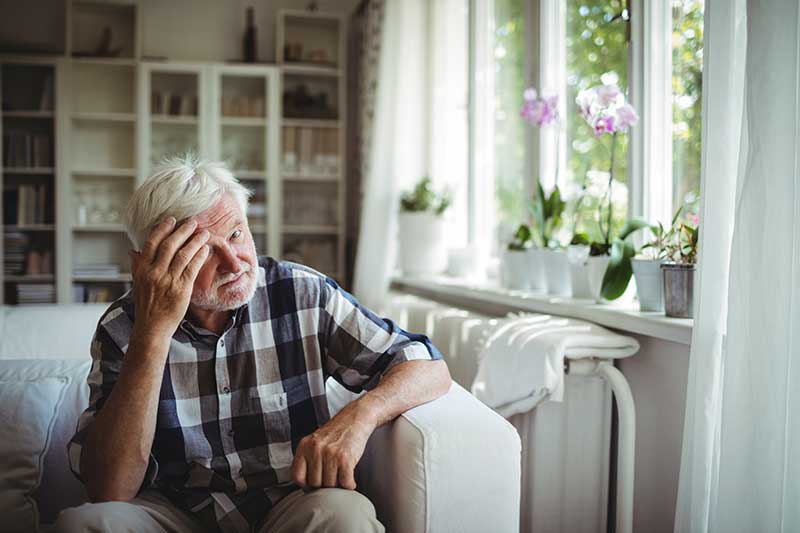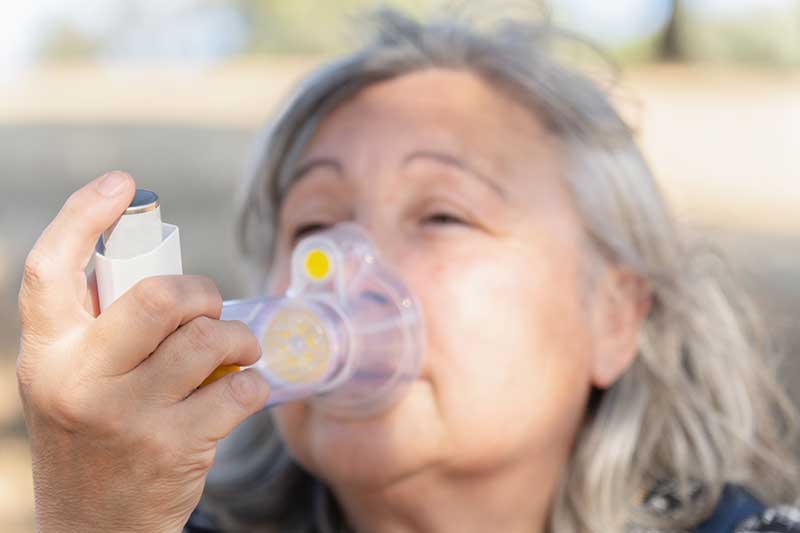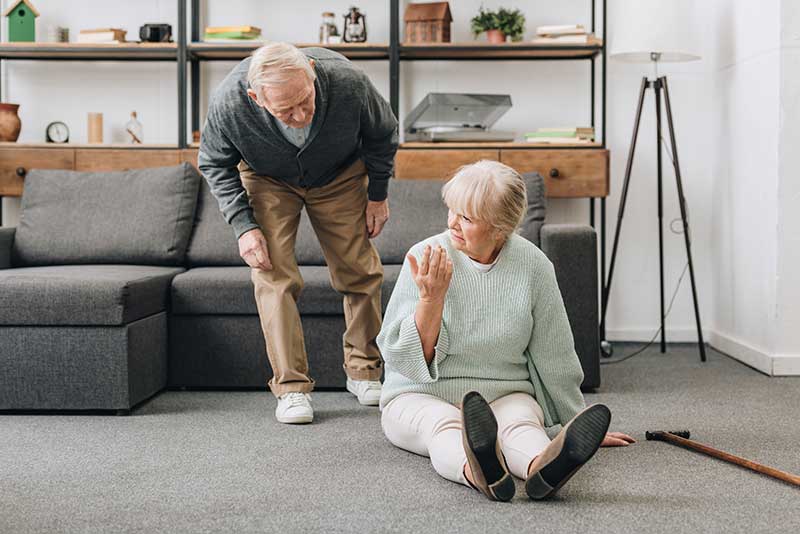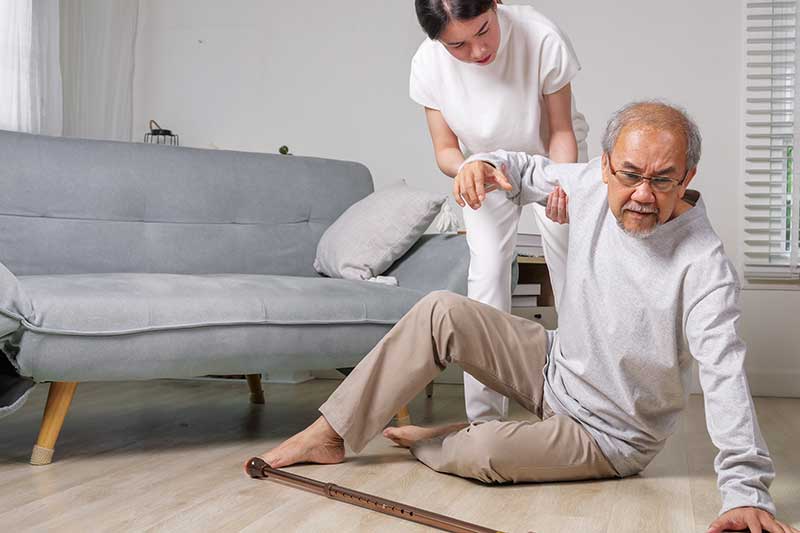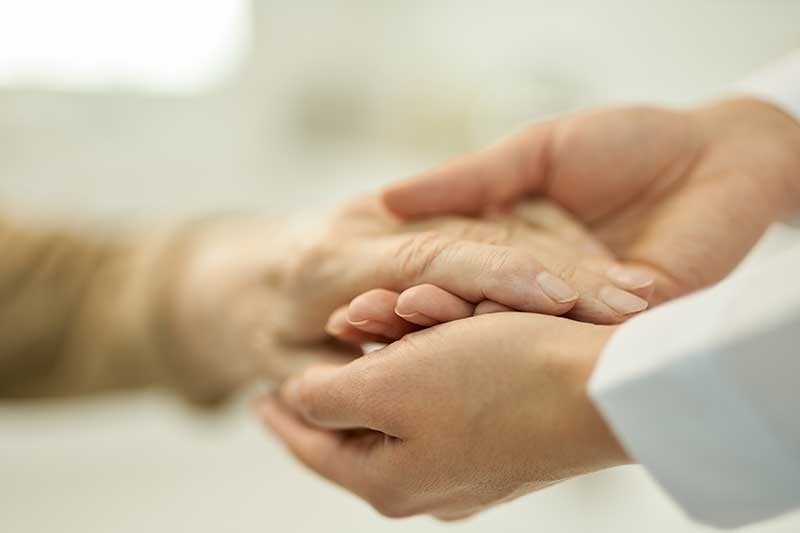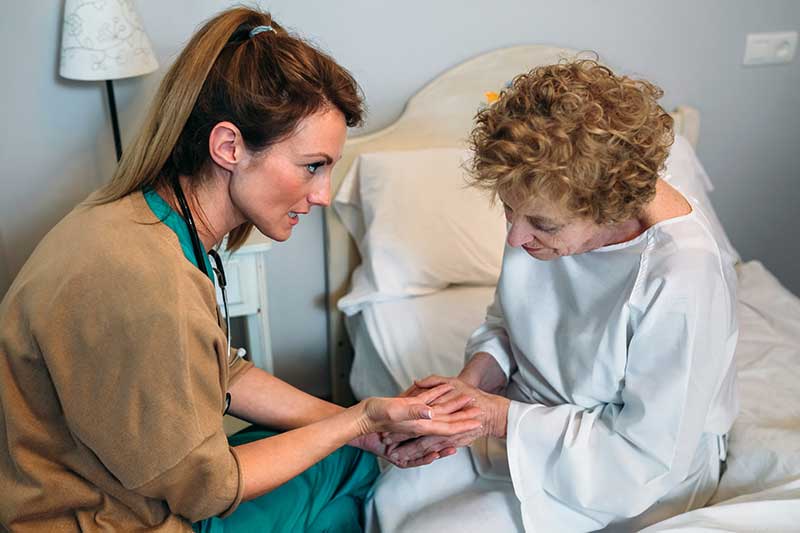As the world’s population ages, mental health among older persons has become an increasingly critical issue. Elderly people frequently encounter distinct psychological issues, such as depression, anxiety, and loneliness, which can have a substantial influence on their quality of life. This blog delves into these prevalent mental health difficulties in seniors, emphasizing the significance of care and support for their well-being.
The Hidden Prevalence of Depression and Anxiety
Depression and anxiety are two of the most common mental health illnesses in the elderly, although they are frequently overlooked or mistreated. Symptoms like sorrow, exhaustion, loss of interest in activities, or chronic anxiety may be misattributed to aging or physical health issues.
Depression in the elderly can be caused by a variety of circumstances, including the death of loved ones, limited mobility, and chronic sickness. It can result in impaired functionality, poor physical health, and a lower quality of life.
Anxiety disorders in seniors may emerge as persistent anxiety, heightened agitation, or restlessness. Health fears, financial problems, and the difficulties of aging can all intensify these feelings.
The effects of isolation and loneliness
Isolation and loneliness can increase mental health problems among the elderly. As elders lose friends, spouses, and social duties, they may withdraw even more, increasing their risk of depression and anxiety.
Strategies for Support and Care
- Professional aid: Caregivers and family members must notice indicators of mental health disorders and promote professional aid. Psychologists, psychiatrists, and counselors can assist manage these problems through therapy and, if required, medication.
- Social Engagement: Encouraging engagement in community events, social clubs, or even volunteering might help to alleviate feelings of loneliness. Regular social connection is critical to preserving mental wellness.
- Physical Activity: Regular exercise helps boost mood and alleviate symptoms of depression and anxiety. Even simple activities like walking or easy yoga can make a big effect.
- pattern and Structure: Creating a daily pattern can create a sense of stability and security, which can be especially beneficial for seniors dealing with mental health concerns.
- Education and Awareness: Educating caregivers and family members about the indications and symptoms of mental health problems in the elderly is critical. Awareness can result in early intervention and better outcomes.
- Technology Use: Using technology to stay in touch with family and friends might help alleviate loneliness. Video calls, social networking, and other digital communication tools can be extremely useful.
Mental health in the elderly is a difficult issue that demands care, compassion, and action. Understanding common mental health difficulties such as depression and anxiety, as well as applying supportive care measures, can assist enhance the mental well-being of the elderly. It is crucial for society to acknowledge that mental health care is equally important in the latter stages of life as it is at any other age.

